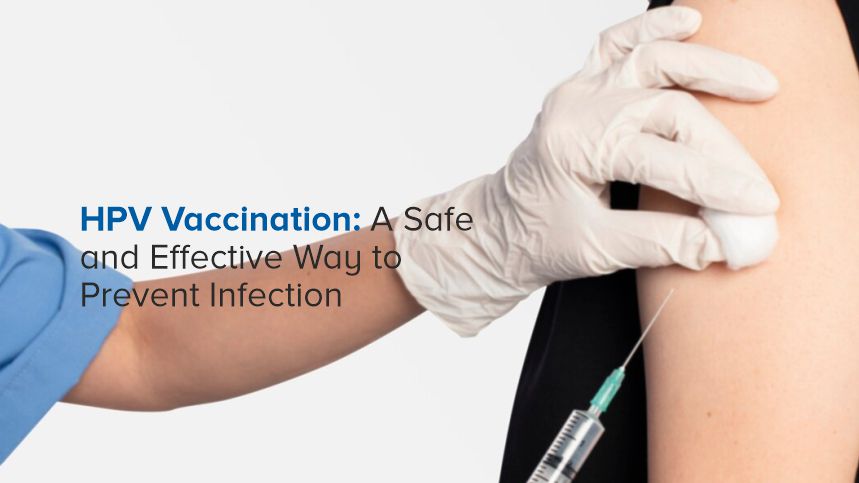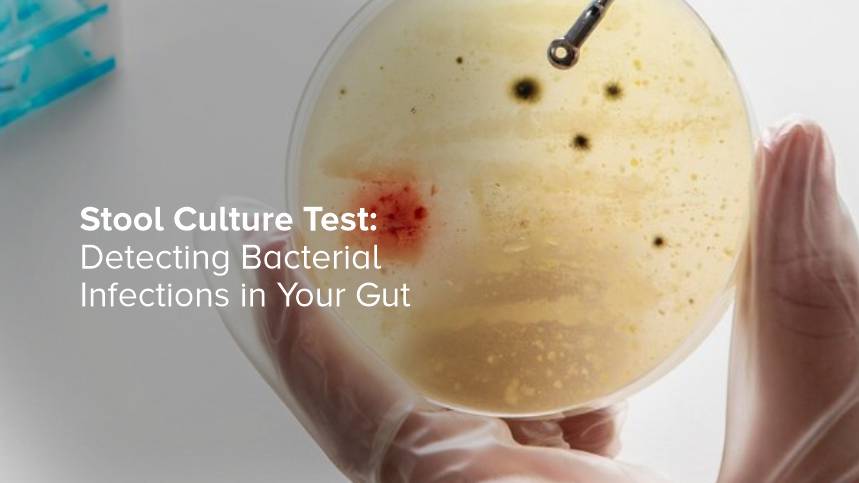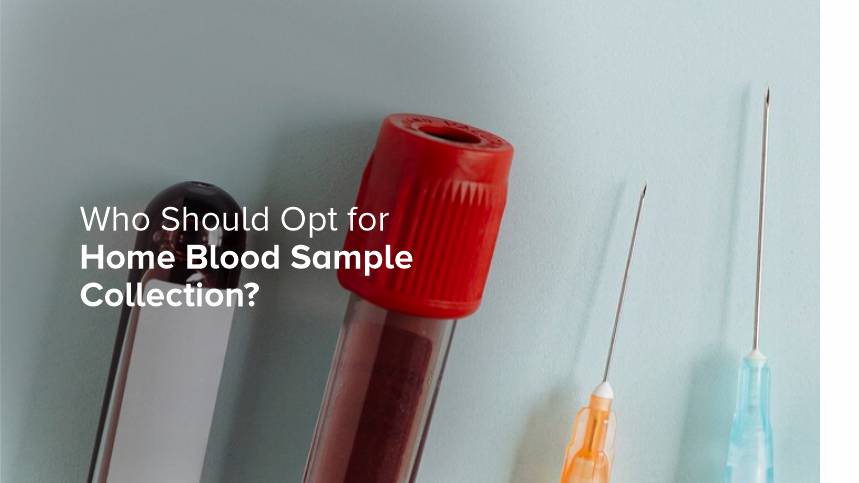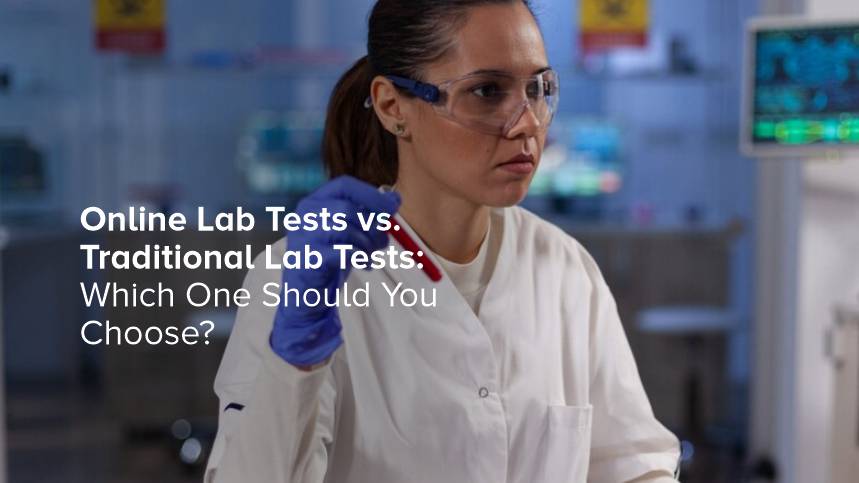


Condition
- Others
- Blood Disorders
- Top tests
- Others
- Others
- Others
- Fever
- Fever
- Blood Disorders
- Blood Disorders
- Preventive Health Checkup
- Preventive Health Checkup
- Profile
- Kidney Disease
- Kidney Disease
- Diabetes
- Diabetes
- Heart Disease & Hypertension
- Preventive Health Checkup
- Lifestyle Packages
- Thyroid Disorder
- Diabetes
- Diabetes
- Diabetes
- Diabetes
- Diabetes
- Diabetes
- Diabetes
- Top tests
- Allergy
- Top tests
- Top tests
- Top tests
- Top tests
- Diabetes
- Top tests
- Diabetes
- Top tests
- Top tests
- Top tests
- Liver Disease
- Diabetes
- Top tests
- Vitamin Deficiency
- Top tests
- Top tests
- Liver Disease
- Top tests
- Top tests
- Top tests
- Anemia
- Anemia
- Anemia
- Diabetes
- Diabetes
- Anemia
- Top tests
- Top tests
- Top tests
- Preventive Health Checkup
- Thyroid Disorder
- Heart Disease & Hypertension
- Top tests
- Preventive Health Checkup
- Diabetes
- Heart Disease & Hypertension
- Top tests
- Fever
- Allergy
- Liver Disease
- Lifestyle Packages
- Heart Disease & Hypertension
- Top tests
- Arthritis
- Top tests
- Top tests
- Heart Disease & Hypertension
- Kidney Disease
- Preventive Health Checkup
- Allergy
- Top tests
- Lifestyle Packages
- Top tests
- Kidney Disease
- Top tests
- Lifestyle Packages
- Top tests
- Preventive Health Checkup
- Preventive Health Checkup
- Top tests
- Top tests
- Vitamin Deficiency
- Allergy
- Diabetes
- Top tests
- Top tests
- Top tests
- Top tests
- Heart Disease & Hypertension
- Allergy
- Top tests
- Preventive Health Checkup
- Top tests
- Top tests
- Infertility
- Top tests
- Lifestyle Packages
- Allergy
- Diabetes
- Heart Disease & Hypertension
- Lifestyle Packages
- Preventive Health Checkup
- Preventive Health Checkup
- Top tests
- Preventive Health Checkup
- Top tests
- Diabetes
- Top tests
- Infertility
- Top tests
- Thyroid Disorder
- Top tests
- Allergy
- Preventive Health Checkup
- Vitamin Deficiency
- Top tests
- Top tests
- Infertility
- Lifestyle Packages
- Diabetes
- Liver Disease
- Kidney Disease
- Vitamin Deficiency
- Top tests
- Heart Disease & Hypertension
- Heart Disease & Hypertension
- Top tests
- Heart Disease & Hypertension
- Heart Disease & Hypertension
- Heart Disease & Hypertension
- Infertility
- Heart Disease & Hypertension
- Vitamin Deficiency
- Vitamin Deficiency
- Arthritis
- Arthritis
- Top tests
- Top tests
- Lifestyle Packages
- Preventive Health Checkup
- Lifestyle Packages
- Preventive Health Checkup
- Vitamin Deficiency
- Top tests
- Lifestyle Packages
- Lifestyle Packages
- Preventive Health Checkup
- Top tests
- Preventive Health Checkup
- Top tests
- Heart Disease & Hypertension
- Infertility
- Top tests
- Top tests
- Preventive Health Checkup
- Lifestyle Packages
- Top tests
- PCOD
- Preventive Health Checkup
- Lifestyle Packages
- Preventive Health Checkup
- Top tests
- Fever
- PCOD
- Kidney Disease
- Top tests
- Top tests
- Preventive Health Checkup
- Preventive Health Checkup
- Liver Disease
- Thyroid Disorder
- Top tests
- Heart Disease & Hypertension
- PCOD
- Top tests
- Arthritis
- Preventive Health Checkup
- Kidney Disease
- Lifestyle Packages
- Top tests
- Allergy
- Top tests
- Top tests
- Diabetes
- Thyroid Disorder
- Preventive Health Checkup
- Top tests
- Lifestyle Packages
- Preventive Health Checkup
- Top tests
- Kidney Disease
- Liver Disease
- Infertility
- Top tests
- Anemia
- Top tests
- Top tests
- Top tests
- Preventive Health Checkup
- Bone Health
- Cancer
- Fatty Liver

Tests
Human papillomavirus (HPV) is a common virus that impacts millions of people worldwide. Despite its prevalence, many are still unaware of its potential risks and the widespread benefits of the HPV vaccine. The HPV vaccination is a safe and effective tool for preventing certain types of cancers and other health issues caused by HPV.
Whether you're a parent contemplating the vaccine for your child, an adult considering vaccination for yourself, or simply someone interested in public health, this blog will provide a comprehensive guide to understanding the HPV vaccine, its benefits, and its critical role in preventing infection.
What is HPV and Why is it a Concern?
Understanding HPV
HPV is one of the most common sexually transmitted infections (STIs) globally. According to the Centers for Disease Control and Prevention (CDC), nearly 80 million Americans are currently infected with HPV, and approximately 14 million people become newly infected each year. The virus spreads through direct skin-to-skin contact and often does so without causing noticeable symptoms.
There are over 200 strains of HPV, but not all are harmful. Some types cause common warts, while others—particularly high-risk types like HPV-16 and HPV-18—are linked to various cancers.
Health Risks Associated with HPV
While the majority of HPV infections resolve on their own, others can lead to more serious complications, including:
- Cervical cancer (almost all cases of cervical cancer are caused by HPV)
- Cancers of the vulva, vagina, penis, anus, and throat
- Genital warts, caused by low-risk strains of HPV
Given its links to these severe health issues, HPV is not a virus to take lightly. However, the HPV vaccine has emerged as a powerful tool to prevent infection and reduce the associated risks.
What is the HPV Vaccine?
The HPV vaccine is designed to protect against the most common and high-risk types of HPV that cause cancer and genital warts. Currently, the most widely used version in the U.S. is Gardasil 9, which protects against nine strains of HPV—including those responsible for cervical cancer and genital warts.
The vaccine is administered in a series of two or three doses, depending on the recipient's age. It has proven effective in reducing HPV infection rates since its introduction in 2006 and is widely recommended for individuals between the ages of 9 and 45.
Why is the HPV Vaccine Important?
Proven Effectiveness
Numerous studies have demonstrated that the HPV vaccine significantly reduces the risk of HPV-related health issues:
- A study published in The Lancet found that HPV prevalence dropped by 86% in teenage girls and 71% in young women in countries with high vaccination rates.
- Research also shows a 40% reduction in cervical pre-cancers among vaccinated individuals.
Cancer Prevention
Globally, cervical cancer is the fourth most common cancer in women. By preventing HPV types associated with cancer, the vaccine also prevents the development of cancer itself. This makes it one of the few vaccines that directly targets cancer prevention—a groundbreaking feat in medicine.
Herd Immunity
Vaccination doesn't just protect the individual—it's a step toward herd immunity. Higher HPV vaccination rates reduce the virus's circulation, protecting those who are unvaccinated or who have not completed their vaccine series.
Preventing Non-Cancerous Conditions
While cancer prevention often takes the spotlight, the vaccine also protects against non-cancerous conditions such as genital warts, which can be both physically and emotionally distressing.
Addressing Common Concerns About the HPV Vaccine
Despite its proven safety and effectiveness, some people have concerns or misconceptions about the HPV vaccine. Here are the facts:
Is the HPV Vaccine Safe?
The HPV vaccine has undergone extensive testing and monitoring since its introduction. According to the CDC and World Health Organization (WHO), the vaccine is safe and well-tolerated. Common side effects include mild symptoms such as a sore arm, fever, or headache. Severe side effects are extremely rare.
Does the HPV Vaccine Encourage Risky Behavior?
Some critics worry the vaccine may promote risky sexual behavior, but studies have consistently shown no link between HPV vaccination and increased sexual activity. The vaccine simply protects individuals from a health risk, much like seat belts protect against injury in car accidents.
Do All Age Groups Benefit?
While the vaccine is most effective when administered before exposure to HPV (typically in early adolescence, around ages 11–12), it is still beneficial for older age groups. The FDA has approved Gardasil 9 for individuals up to age 45, as it can protect against strains to which they've not yet been exposed.
How to Access the HPV Vaccine
Who Should Get Vaccinated?
- Children and Adolescents (ages 9–12): The CDC recommends vaccination at age 11 or 12, but it can be given as early as age 9.
- Teens and Young Adults (up to age 26): If not vaccinated earlier, it is recommended to catch up on the vaccine during these years.
- Adults (ages 27–45): Vaccination is available for adults up to age 45 after discussing personal health needs with a doctor.
Where to Get Vaccinated
The HPV vaccine can typically be accessed at:
- Pediatric and family medical practices
- Local pharmacies
- Public health departments
- University health centers
Talk to your healthcare provider to determine the best vaccination option for you or your child.
Conclusion
The HPV vaccine is more than just preventative healthcare—it's a way to take control of your life and reduce your risk of cancer. Whether you're a healthcare professional advocating for vaccine adoption or considering the vaccine for yourself or your child, spread the word about how this groundbreaking tool is changing lives.
Want to learn more about HPV and the benefits of vaccination? Talk to your healthcare provider or visit reputable health resources like the CDC or WHO websites for additional information.
WANT TO BOOK HEALTH CHECKUP ?
Categories
Others
4
Blood Disorders
3
Top tests
69
Fever
4
Preventive Health Checkup
26
Profile
1
Kidney Disease
8
Diabetes
20
Heart Disease & Hypertension
15
Lifestyle Packages
15
Thyroid Disorder
5
Allergy
8
Liver Disease
6
Vitamin Deficiency
7
Anemia
5
Arthritis
4
Infertility
6
PCOD
3
Bone Health
1
Cancer
1
Fatty Liver
1
Recent Blogs
Stool Culture Test: Detecting Bacterial Infections in Your Gut
Our digestive system is home to a vast community of microorganisms—most of which are...
29-04-2025
Who Should Opt for Home Blood Sample Collection?
Convenience has become a priority in every aspect of life, including healthcare. One of...
29-04-2025
Online Lab Tests vs. Traditional Lab Tests: Which One Should You choose?
In today’s digital-first world, almost everything is available at your fingertips—from...
29-04-2025







